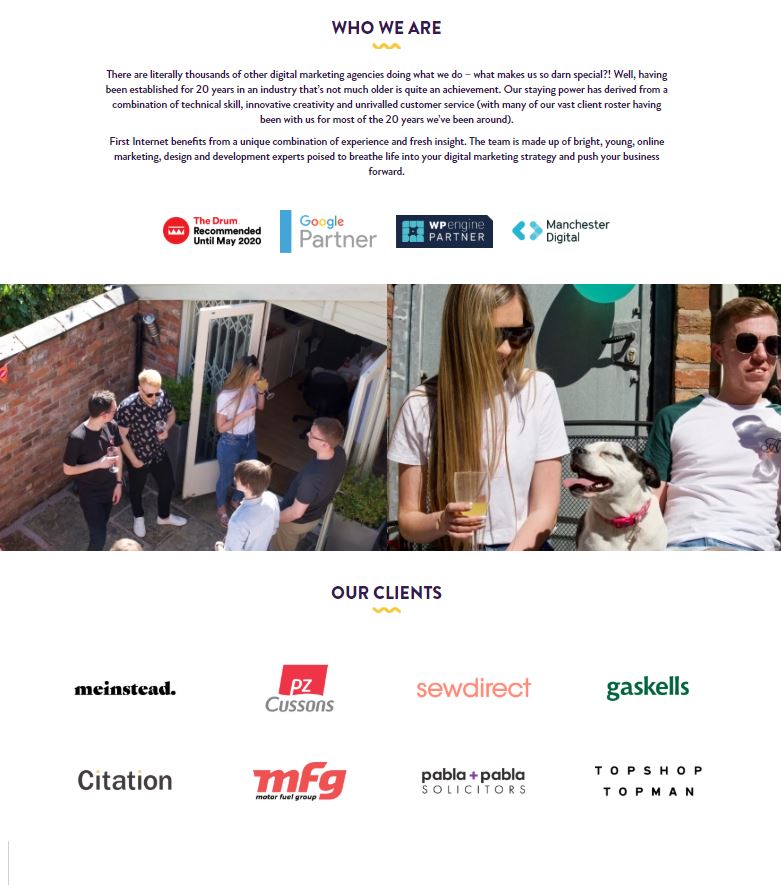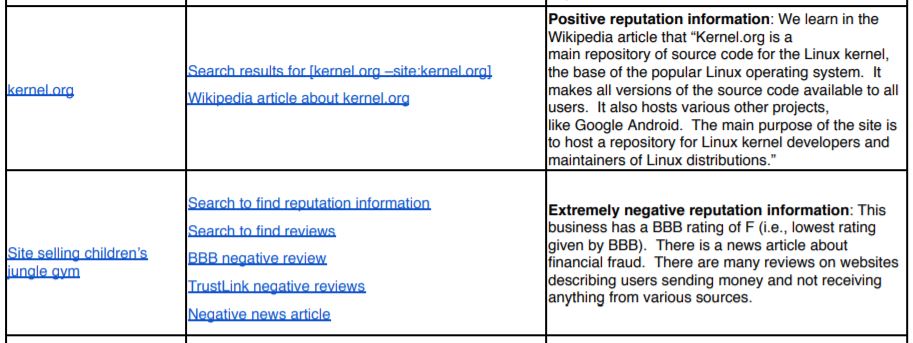Digital Marketing
Your Instagram just became searchable – time to rethink your strategy
Google and Bing now index Instagram posts—discover why social and SEO must work together to boost your brand’s visibility.
17th July, 2025
Get ready to add another obnoxious abbreviation to your SEO arsenal…
EAT stands for Expertise, Authoritativeness and Trustworthiness. It is a factor in Google’s algorithm which concerns the value content has to a user in terms of three ‘academically’ focused values: Expertise, Authoritativeness and Trustworthiness.
As with a lot of tactics in the SEO world, the answer starts with a resounding “It depends…”
There is no actual EAT score or metric used in SERPs. You didn’t think it would be that easy did you?
As such, there is no direct strategy or steps you can take which result in a quantifiable change in rankings through EAT. According to Google, there are many factors which impact rankings and EAT is just one aspect of SEO which Google takes into consideration.
That said, EAT is important. Google uses a variety of signals by proxy to tell if content matches EAT standards as a human would assess it.
EAT and YMYL (‘your money or your life’) are human concepts that we can use to understand the types of content that Google’s algorithms want.

This basically means that to a greater extent EAT is for humans by humans and fits neatly into Google’s evolved algorithms to understand human thinking and behaviour, so that it can serve the best and most relevant results.
To achieve success in EAT expectations, it’s important to take a step back and actually think like a human, to look at a brand the way a human would and ask questions of yourself about how you would determine whether or not it is an expert, an authority, and trustworthy.
Google’s Quality Evaluator Guidelines show you what quality raters (real live humans!) use to evaluate websites and SERPs on a number of different factors, including informativeness and user experience.
They don’t directly affect rankings but their judgments are used to improve Google’s search algorithm. This is very important as it gives us an insight into what you should be working on, and what to avoid.
This document has only recently been updated so that the examples can be clicked on, meaning more in depth research can be done.
The bio (About page) on a website is something that often gets overlooked as just another mandatory top tier page. In fact it couldn’t be more important.
Whatever content you use to sell your skills; blogs, press articles, infographics, social media; it’s all a representation of your quality expertise. This is an opportunity to prove that all of the content under your name is backed up by your experience, qualifications, awards, anything which proves you are the one with the answers. Your brain is the source material. It’s an opportunity to showcase your expertise.

We don’t want to name names…but we think this is a pretty good About page…
Creating well placed internal links to the bio page in other content acts as a ‘source’ or means of supporting what you’ve said elsewhere.
A new Google patent on author vectors means that Google is learning to identify the author of content regardless of whose name is next to it. Creepy, isn’t it?
This is not only important when considering writing unique original content, but also reaffirms that backing up content with proof of your expertise on a subject is vitally important.
This doesn’t necessarily mean that you’re going nowhere if you’re not the number one expert of the topics you write about. Content collaboration with others in your field is a valuable way to show not just search engines but users that other experts agree with your opinions and want to work with you.
Quality raters (who use and create the Quality Evaluation Guidelines) have to conduct reputation research on all websites they rate. Reputation research is like conducting a background check on an author, brand or website.

Examples of positive and negative reputation research in the Quality Evaluation Guidelines.
To do this you would be looking for reviews, recommendations, external content written about the subject, any credible information that has been written about it.
This is used as a wider glance at the reputation of the subject, outside of just what it controls, to get a greater understanding of how ‘EAT’ the subject is. It’s a good idea to conduct your own reputation research on yourself once in a while to ensure your image online is how you want it to be. Plus it’s just kind of indulgent.
All in all, EAT is dressed up like a technical SEO skill with multilayers of inner workings. But really it’s a normal, human concept.
The best way to have an impact on EAT is to look at your online presence as a person, and try to help other people understand that you are an expert, you are an authority, and they can trust you.
If you think EAT applies to you and you want to tell the world about it, we can help. We are experts after all.
Sources:
Digital Marketing
6th May, 2020
Call us on: +44 (0) 161 941 5330 or email us: info@firstinternet.co.uk
Get in touch today!